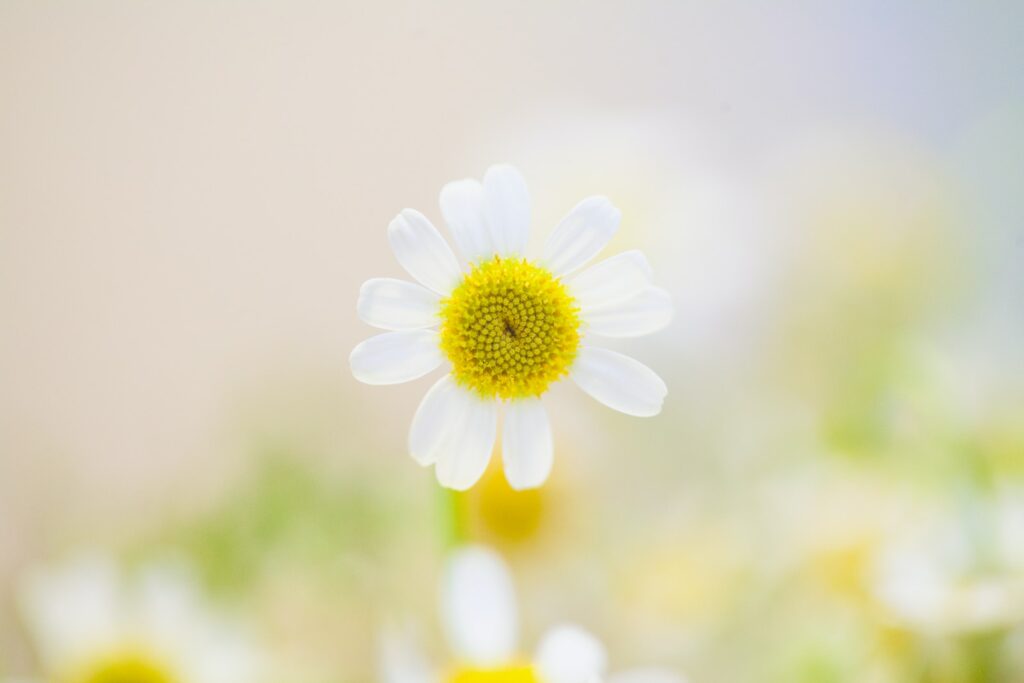Life is Better with Joy- Finding Joy in Every Moment of Life to Break Free from the Cycle of Anxiety

Life is better with joy. In a world where stress, anxiety and negativity often take centre stage, finding joy in everyday life has become increasingly important. Studies have shown that happier individuals tend to be healthier, more successful, and live longer lives. In fact, a 2019 study published in The Journal of Positive Psychology found that happier people have a 24% lower risk of developing heart disease than their less happy counterparts.
This article will explore various strategies for finding joy in everyday life, including the power of gratitude, mindfulness, meaningful connections, and personal growth. We’ll discuss research-backed tips and techniques that will help you learn to love every moment while still alive. In this article, we’ll explore how to find joy in everyday life and learn to love every moment while still alive.
Table of Contents
Beyond genes and everything in between, life is better with joy
Taking care of your body is important, but tending to your relationships is a form of self-care too. That, I think, is the revelation.
Robert Waldinger, Director of the study
Additionally, Harvard Study of Adult Development, spanning over 80 years revealed that life is better with joy. From the initial Harvard group recruited for the Grant Study, only 19 participants remain alive today, all in their mid-90s. Notable members of the original cohort included future President John F. Kennedy and Ben Bradlee, the long-serving editor of The Washington Post. Surprise- no surprise at all- the original study did not involve women directly, since the college was exclusively male at the time, so, naturally, we would feel inspired to explore for the next 80 years.
However, not surprisingly, women were involved indirectly, being the reason of joy: “The people who were the most satisfied in their relationships at age 50 were the healthiest at age 80,” said Robert Waldinger with his wife Jennifer Stone.
Eventually, researchers expanded the scope of their work to include the offspring of the men in the study, currently numbering 1,300 and aged between 50 and 60. The aim was to investigate the impact of early-life experiences on long-term health and aging. Among the participants, some went on to achieve great success as businesspeople, doctors, or lawyers, while others faced challenges such as schizophrenia or alcoholism, proving that life outcomes are not predetermined.
Over the intervening years, the study’s control groups have grown. In the 1970s, 456 residents from Boston’s inner-city neighborhoods joined the Glueck Study, with 40 of them still alive today. Researchers started incorporating wives into the Grant and Glueck studies over a decade ago.
Throughout the years, the researchers have examined the health trajectories and broader life experiences of the participants, encompassing their successes and setbacks in both professional and personal aspects. The findings have yielded surprising insights, not just for the research community, but also for the general public.
Our brains are wired to seek pleasure and reward, releasing feel-good chemicals such as dopamine, serotonin, and oxytocin when we experience joy and happiness. By intentionally focusing on cultivating joy in our daily lives, we can effectively rewire our brains to become more resilient, compassionate, and content.

Finding joy in everyday Life to alleviate anxiety
Life is a precious gift, and it’s essential to make the most of every moment we’re given. But in today’s fast-paced world, it can be easy to lose sight of the joy and wonder that surrounds us. Finding joy in everyday life is vital to our overall well-being and happiness. When we learn to appreciate the little things and embrace the beauty of the world around us, we can experience a deeper sense of contentment and fulfilment. This mindset can also help us navigate challenges and setbacks more effectively, as it encourages us to focus on the positive aspects of life rather than dwelling on the negative.
One way to find joy in everyday life is through the practice of gratitude. By taking the time to recognize and appreciate the good things in our lives, we can shift our focus away from what we lack and toward what we have. This can be as simple as keeping a gratitude journal, expressing thanks to the people around us, or pausing for a moment each day to reflect on something we’re grateful for.
Numerous studies have shown that practicing gratitude can improve our emotional well-being, reduce stress, and even contribute to better physical health. Furthermore, a grateful mindset can help us build stronger relationships, as it encourages us to be more empathetic and understanding toward others.
Mindfulness is the practice of being fully present and engaged in the current moment, without judgment or distraction. It involves acknowledging our thoughts and feelings as they arise, without getting caught up in them or allowing them to dictate our actions.
To incorporate mindfulness into our daily lives, we can try meditation, deep breathing exercises, or simply paying close attention to our surroundings and sensations. By learning to live in the present moment, we can discover joy and contentment in the simple things that often go unnoticed.
Human beings are social creatures, and our relationships play a crucial role in our overall happiness and well-being. By cultivating meaningful connections with the people around us, we can experience a greater sense of joy and fulfilment in our everyday lives.
Some ways to strengthen our relationships include spending quality time together, expressing gratitude and appreciation, and offering support and encouragement. It’s also important to be present, listen actively, and engage in open and honest communication.

Life is better with joy- cultivating positive habits
One way to find joy in everyday life is by cultivating positive habits and routines. This can help create a sense of structure and stability, making it easier to navigate the challenges and uncertainties that life may bring. Some examples of positive habits include regular exercise, a balanced diet, and sufficient sleep.
A growth mindset is an essential aspect of living a joyful life. By continuously seeking out new opportunities to learn, grow, and develop ourselves, we can maintain a sense of curiosity and wonder that brings excitement and enthusiasm to our everyday lives.
Pursuing our passions and interests can bring immense joy and satisfaction. Whether it’s learning a new skill, practicing a creative outlet, or simply engaging in activities we enjoy, hobbies and interests can provide an escape from the daily grind and help us live more fulfilling lives.
Exploring new places, cultures, and experiences can be a powerful way to find joy and inspiration in life. Traveling allows us to step outside of our comfort zones and broaden our perspectives, which can lead to personal growth and a deeper appreciation for the world around us.
Finding joy in work- life balance to manage anxiety
Maintaining a healthy work-life balance is crucial to finding joy in everyday life. While it’s important to be dedicated to our careers, we must also prioritize our personal lives and well-being. This includes spending time with loved ones, engaging in self-care, and making time for hobbies and interests.
Learning to manage stress and anxiety is essential to living a joyful life. Incorporating relaxation techniques, such as deep breathing exercises or meditation, can help us remain calm and centered in the face of life’s challenges.
Celebrating Small Wins: It’s important to celebrate our achievements, no matter how small they may seem. Recognizing and acknowledging our accomplishments can boost our self-esteem and provide motivation to continue striving for growth and success.
Finding joy in everyday life and loving every moment while still alive is a journey that requires mindfulness, gratitude, and a focus on the present moment. By cultivating positive habits, nurturing meaningful relationships, and seeking out new experiences, we can live more fulfilling and joyful lives.
Do you want to share your story and inspire our readers with your wisdom and expertise? Know that every story is paving the way for a brighter, happier future.

FAQs
- How can I practice mindfulness in my daily life?
- You can practice mindfulness through meditation, deep breathing exercises, or simply paying close attention to your surroundings and sensations.
- What are some simple ways to express gratitude?
- Keeping a gratitude journal, expressing thanks to others, or pausing each day to reflect on something you’re grateful for are all ways to practice gratitude.
- How can I maintain a healthy work-life balance?
- Prioritize personal well-being, set boundaries, and make time for hobbies, interests, and loved ones.
- What are some benefits of cultivating positive habits and routines?
- Positive habits and routines can create a sense of structure and stability, making it easier to navigate life’s challenges and uncertainties.
- Why is it important to celebrate small wins?
- Celebrating small wins can boost self-esteem and provide motivation to continue striving for growth and success.





